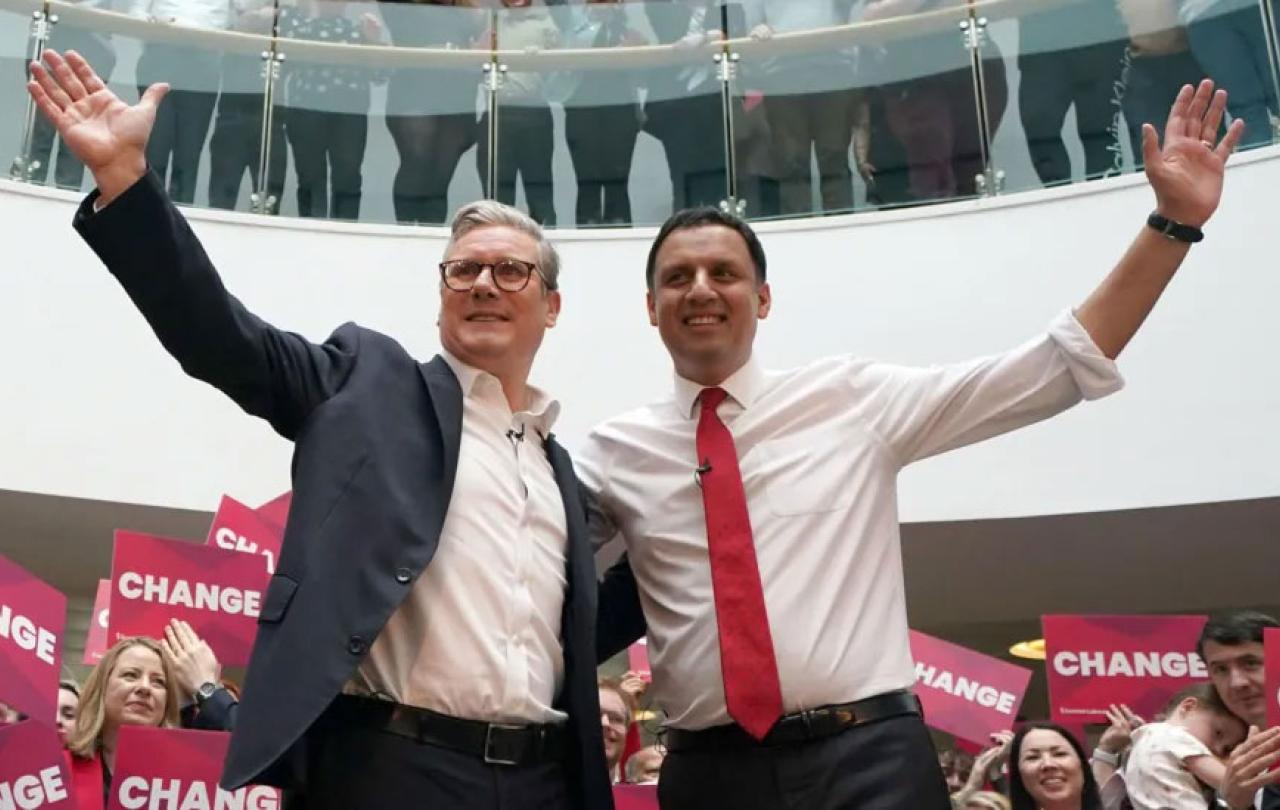
Listen now
This week: Bex Chapman unlock's Bridgerton's complex identity coding, Cameron Wiltshire-Plant advises his younger self not to believe in the messianic hype of politicians, and Daniel Kim suggests that AI's dominance could unleash our very humanity.





